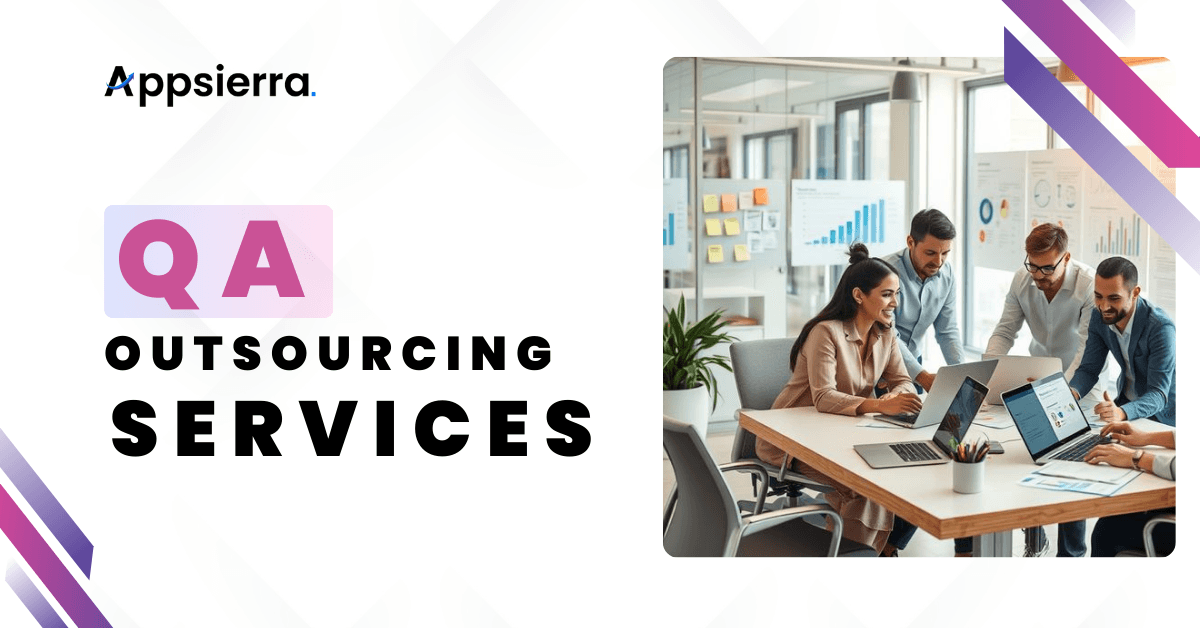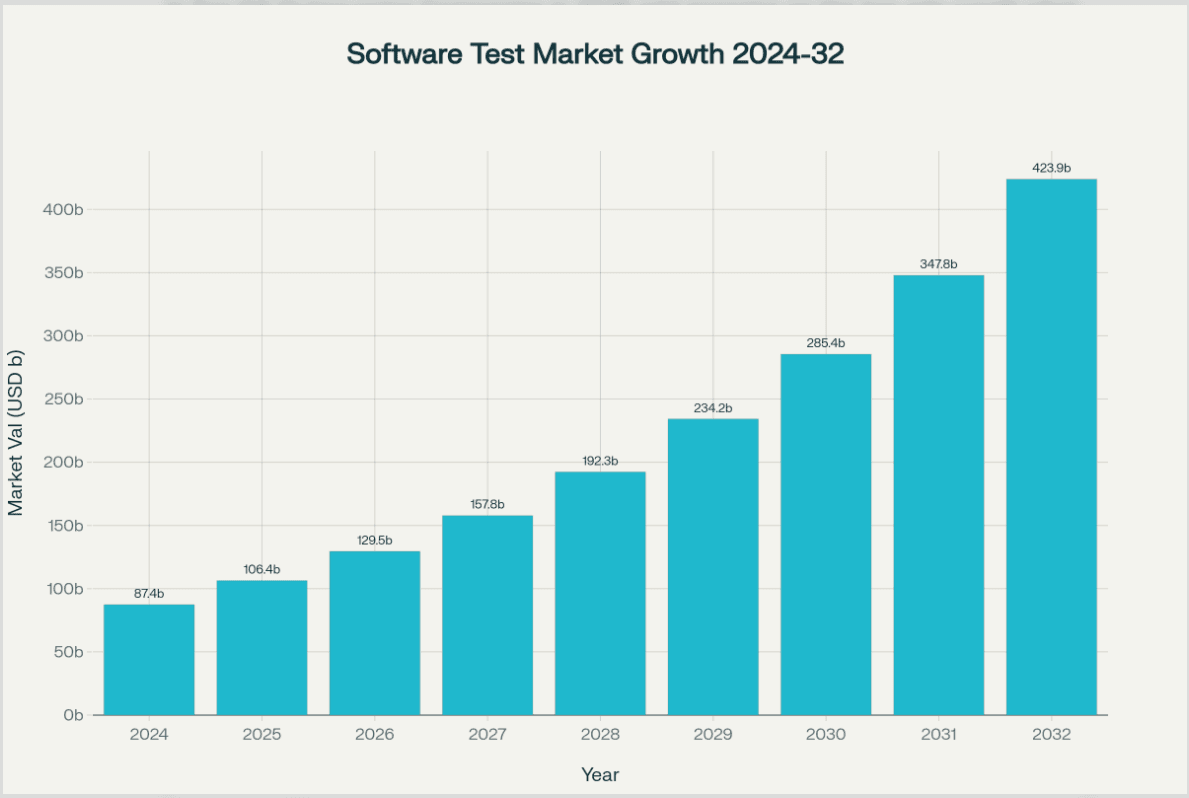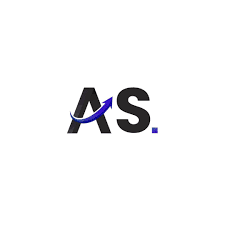

In today's rapidly evolving digital landscape, QA outsourcing services have emerged as a strategic imperative for businesses seeking to deliver flawless software while maintaining competitive advantage. The global software testing market is experiencing unprecedented growth, projected to reach $423.9 billion by 2032, with outsourced testing services capturing an increasingly significant share of this expansion.As organizations grapple with complex applications, accelerated development cycles, and stringent quality requirements, partnering with specialized QA outsourcing companies has become essential for achieving scalable, cost-effective quality assurance
Get a proposal today → or Speak to a QA Specialist → Get a proposal today → or Speak to a QA Specialist →

QA outsourcing services represent a strategic business model where organizations delegate their quality assurance and testing responsibilities to external specialists. This comprehensive approach encompasses the full spectrum of testing activities, from initial requirement analysis to final deployment validation, executed by dedicated teams of experienced professionals who bring deep expertise in modern testing methodologies.
The comprehensive scope includes:
• Functional Testing - Verify that applications perform as intended • Performance Testing - Ensure systems can handle expected loads • Security Testing - Identify vulnerabilities and security flaws • Compatibility Testing - Validate across different platforms and devices • Specialized Testing - For emerging technologies such as AI, IoT, and blockchain applications
Modern QA services extend beyond traditional testing boundaries to include:
Organizations leveraging QA services company partnerships gain access to:
• Specialized testing frameworks • Cutting-edge automation tools • Industry-specific expertise • Global talent pools • Advanced testing infrastructure • Proven methodologies refined across diverse projects
The software testing outsourcing market is experiencing robust growth:
• 2024 Market Size: $54.43 billion • 2033 Projected Size: $115.29 billion • CAGR: 8.53% • North America: Leading with over 40% market share • Asia-Pacific: Fastest-growing region with CAGR exceeding 23%
• 70% of enterprises expected to adopt AI-driven testing by 2025 (vs. 20% in 2021) • Machine learning algorithms enable:
• QA partners now embedded throughout the development process • Requires deep technical integration capabilities • Collaborative workflows aligning with agile and DevOps methodologies
• Global QA teams access consistent testing environments • Efficient resource sharing • Dynamic capacity scaling based on project demands • Supports follow-the-sun testing models for continuous coverage
Understanding diverse pricing models is crucial for selecting the optimal approach that aligns with project requirements, budget constraints, and risk tolerance.
Best for: Projects with evolving requirements
• Advantages:
• Considerations:
Best for: Well-defined projects with stable requirements
• Advantages:
• Considerations:
Best for: Long-term partnerships and enterprise applications
• Advantages:
• Considerations:
Best for: Performance-driven partnerships
• Advantages:
• Considerations:
• Rate Range: $75-200 per hour for senior resources • Advantages: Timezone alignment, cultural compatibility • Best for: Complex, high-stakes projects
• Rate Range: $15-80 per hour • Advantages: Strong technical skills, competitive pricing • Best for: Balanced cost-quality approach
• Rate Range: $8-60 per hour • Advantages: Cost-effective solutions, large talent pool • Best for: Large-scale, cost-sensitive projects
The fundamental ROI formula compares total measurable benefits against outsourcing investments:
ROI = (Total Benefits - Total Investment Costs) / Total Investment Costs × 100
Example Calculation: • Manual testing: 2.5 hours per test case • Outsourced automated testing: 0.5 hours per test case • Time differential: 2.0 hours saved per test case • Multiply by test frequency and hourly rates for direct savings
• Vendor onboarding costs • Knowledge transfer time • Communication overhead
• Service fees • Maintenance requirements • Infrastructure/tool licensing • Internal resource management
• More frequent test execution • Round-the-clock availability • Faster feedback cycles • Reduced defect resolution time • Accelerated time-to-market
• Higher test coverage • More consistent execution • Specialized expertise • Fewer production defects • Reduced post-release support costs
• Complex regulatory landscapes (HIPAA compliance) • FDA validation requirements • Patient data protection protocols
• Medical device testing • Clinical trial software validation • Healthcare interoperability standards
• PCI-DSS compliance • Regulatory reporting accuracy • Fraud detection system validation
• Financial regulations across jurisdictions • High-frequency trading system testing • Security clearances for sensitive data
• Traffic spike handling during promotions • Payment processing validation • Multi-channel consistency testing
• Load testing tools • Payment gateway integration • Mobile commerce validation
• Hardware-software integration validation • Sensor accuracy testing • Real-time system responsiveness
• Testing labs with diverse hardware • Industrial communication protocols • Embedded system validation
Appsiera stands out as the premier choice for organizations seeking cutting-edge QA outsourcing services solutions, combining advanced technology with exceptional client service through comprehensive software testing services. Founded in 2015, this leading QA services company has achieved remarkable growth, delivering over 1,200+ projects with a 96% client recommendation rate for QA outsourcing services.
Get a proposal today → or Speak to a QA Specialist → Get a proposal today → or Speak to a QA Specialist →

• Experience: 24+ years • Team Size: 1,400+ employees • Specializations:
• Key Differentiator: Hires only top 1% of IT professionals • Experience: 23-year track record • Specializations:
• Experience: Nearly 40 years • Specializations:
• Model: Crowdsourced testing approach • Network: Global skilled testers • Specializations:
• Expertise in relevant testing tools • Automation framework knowledge • Emerging technology experience (AI-driven testing, cloud infrastructure)
• Experience in specific industry verticals • Understanding of compliance requirements • Track record with similar project complexity • Client references and testimonials
• Language proficiency • Timezone alignment • Cultural compatibility • Project management methodologies • Integration with internal teams
• Data protection protocols • Regulatory compliance certifications • Risk management frameworks • Encryption standards • Access controls • Audit capabilities
• Vendor creditworthiness • Business continuity planning • Scalability capabilities • Long-term partnership viability • Resource scaling flexibility
• Comprehensive process documentation • Existing test case documentation • Application architecture details • Business requirement specifications
Environment Setup
Documentation Access
• Regular meeting schedules • Status reporting formats • Escalation procedures for critical issues • Collaborative platform utilization • Real-time communication channels
• Clear acceptance criteria • Testing methodologies • Performance expectations • Coding standards for test automation • Documentation requirements • Quality gates for deliverable acceptance
• Test execution schedule coordination • Result reporting format standardization • Automated deployment trigger alignment
• Defect detection rates • Test coverage percentages • Defect escape rates • Test effectiveness ratios
• Test execution speed • Automation coverage rates • Resource utilization • Cycle time reduction
• Communication effectiveness scores • Stakeholder feedback ratings • Client satisfaction surveys
• Test execution progress • Defect trend analysis • Automation coverage tracking • Resource utilization monitoring
• Clear team scaling procedures • Skill augmentation processes • Workload redistribution protocols • Demand-based capacity adjustment
• Sensitive data access • Intellectual property protection • Critical business system security
• Robust data encryption • Strict access controls • Comprehensive confidentiality agreements • Regular security audits
• Inadequate vendor capabilities • Insufficient domain knowledge • Misaligned expectations
• Thorough vendor vetting • Comprehensive pilot projects • Clear quality standards definition • Continuous deliverable monitoring
• Timezone differences • Language barriers • Cultural misunderstandings
• Clear communication protocols • Cultural awareness training • Overlapping working hours maintenance • Regular communication assessments
• Vendor financial instability • Key personnel turnover • Service delivery failures
• Vendor financial assessment • Knowledge retention requirements • Contingency planning for alternatives • Diversified vendor portfolio
• Industry regulations • Geographic requirements • Data sensitivity levels
• Regular compliance audits • Documentation reviews • Certification maintenance • Standards adherence monitoring
• Service level definitions • Deliverable specifications • Intellectual property ownership • Liability limitations • Termination procedures
• Measurable quality standards • Response time requirements • Penalty structures for non-compliance • Performance measurement criteria
• GDPR - European data protection • HIPAA - Healthcare information privacy • CCPA - California consumer privacy
• Comprehensive data processing agreements • Breach notification procedures • Audit rights establishment • Data handling protocols
• Ownership rights clarification • Confidentiality obligations • Usage restrictions for proprietary information • Work product ownership during engagement
• Healthcare - Medical device regulations • Financial Services - Banking compliance • Government - Security clearance requirements
• Personnel security clearances • Industry certifications • Specialized training completion
• Jurisdiction dispute resolution • Export control compliance • Tax implication management • Legal requirement adherence (domestic and foreign)
• Intelligent test case generation • Predictive defect analysis • Adaptive testing strategies • Historical pattern learning • Automated decision-making
• Seamless CI/CD pipeline integration • Automated quality gates • Real-time feedback mechanisms • Infrastructure-as-code expertise • Containerization proficiency • Cloud-native testing approaches
• Smart contract validation • Distributed ledger testing • IoT device ecosystem validation • Unique expertise requirements • Specialized testing infrastructure
• Democratized software development • Specialized QA approaches required • Quality standard maintenance • Security requirement adherence
• Entirely new testing methodologies required • Specialized expertise development • Quantum application testing • Commercial viability preparation • Early-adopter positioning
Answer: QA outsourcing costs vary significantly by geographic region and expertise level:
• North American providers: $75-200 per hour for senior resources • Eastern European teams: $15-80 per hour (competitive alternative) • Asian providers: $8-60 per hour (cost-effective solutions)
Final costs depend on:
Implementation Timelines:
• Simple testing projects: 2-4 weeks operational • Comprehensive enterprise programs: 8-12 weeks for full implementation
Implementation includes:
Success Indicators:
• Quality Improvements:
• Efficiency Gains:
• Partnership Quality:
Data Security Requirements:
• Repetitive testing activities • Regression testing • Performance testing • Compatibility testing
• Strategic activities • Test planning • Requirements analysis • User acceptance testing
Decision Factors:
The strategic importance of QA outsourcing services continues to intensify as organizations navigate increasingly complex software landscapes, accelerated development cycles, and demanding quality expectations. With the global software testing services market projected to reach unprecedented heights and QA outsourcing services capturing an ever-growing share of this expansion, the imperative for strategic partnerships with QA outsourcing companies has never been clearer.
Get a proposal today → or Speak to a QA Specialist → Get a proposal today → or Speak to a QA Specialist →
Strategic Partnership Approach - Treat QA outsourcing companies as strategic partners rather than mere software testing services providers
Technology Integration - Leverage AI, cloud computing, and DevOps methodologies for transformative QA outsourcing services capabilities
Comprehensive Understanding - Master evolving software testing services models, pricing structures, and technological capabilities in QA outsourcing services
Value Beyond Cost - Achieve enhanced quality, accelerated innovation, and competitive differentiation through QA services company partnerships
Organizations that approach QA outsourcing services with sophisticated understanding and strategic vision will realize the full potential of these relationships. By leveraging the frameworks, best practices, and strategic insights outlined in this comprehensive guide, organizations can:
• Confidently evaluate QA outsourcing services options • Establish partnerships with QA outsourcing companies that drive measurable business value • Position themselves for continued success through strategic software testing services • Achieve quality assurance capabilities via QA outsourcing services that would be prohibitively expensive to develop internally
The convergence of artificial intelligence, cloud computing, and DevOps methodologies is fundamentally transforming the QA outsourcing services landscape, creating unprecedented opportunities for organizations ready to embrace strategic partnerships with leading QA outsourcing companies and QA services company providers for comprehensive software testing services.dently evaluate outsourcing options • Establish partnerships that drive measurable business value • Position themselves for continued success in an increasingly digital world • Achieve quality assurance capabilities that would be prohibitively expensive to develop internally
The convergence of artificial intelligence, cloud computing, and DevOps methodologies is fundamentally transforming the QA outsourcing landscape, creating unprecedented opportunities for organizations ready to embrace strategic quality assurance partnerships.